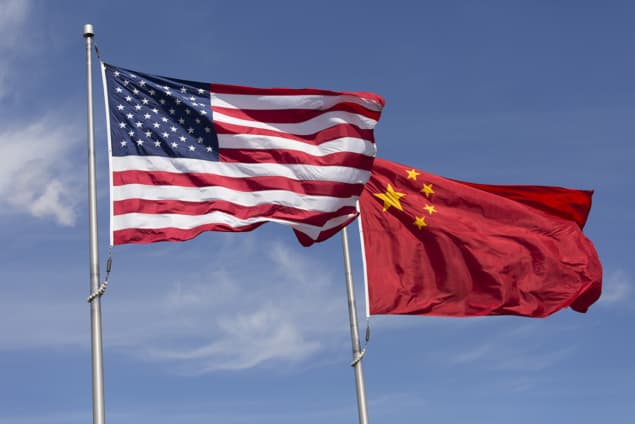
The US’s divisive China Initiative has been expanded to focus not only on individual scientists with links to China but also on other foreign governments that may be attempting to acquire US technology through espionage and theft. The original programme, led by the US Department of Justice (DOJ), had drawn criticism that it was used to target academic researchers, particularly those of Chinese heritage. The new initiative will now be expanded to other foreign governments.
The China Initiative was introduced in 2018 to tackle efforts by China’s government to acquire US technology illegally. While the DOJ has successfully prosecuted cases of espionage and theft of technology and intellectual property, it has also used the initiative more than 20 times to prosecute academic scientists of Chinese descent who have research connections with Chinese universities. Most of those cases have failed to deliver guilty verdicts and instead led Asian-American scientists to fear that the DOJ was targeting them based on their ethnicity.
In October almost 2000 prominent Asian-Americans wrote to US president Joe Biden expressing “grave concern” over efforts to clamp down on scientists who have scientific collaborations with Chinese colleagues. In November, Matthew Olsen, an assistant attorney-general who heads the DOJ’s National Security Division, responded by reviewing the China Initiative.
His effort, which included conversations with critics of the initiative, led to the changes in the programme’s name and direction. “Safeguarding the integrity and transparency of research institutions is a matter of national security,” he says. “But so is ensuring that we continue to attract the best and the brightest researchers and scholars to our country from all around the world.” US energy department cracks down on foreign recruitment programmes
As to the expansion of the programme’s reach beyond China, Olsen notes that Russia, Iran and North Korea “are becoming more aggressive and more capable in their nefarious activity than ever before”. The DOJ also announced that its prosecutors will consider more carefully than in the past whether they should pursue scientists accused of grant fraud, under the initiative, in civil rather than criminal courts.
Groups representing individuals of Chinese heritage cautiously welcomed the changes. “The end of the China Initiative is one step in the work we expect from the government to address serious concerns of racial profiling and misconduct in its surveillance and national security operations, and the over criminalization of issues related to research integrity,” says John Yang, president and executive director of the civil rights group Asian Americans Advancing Justice.



